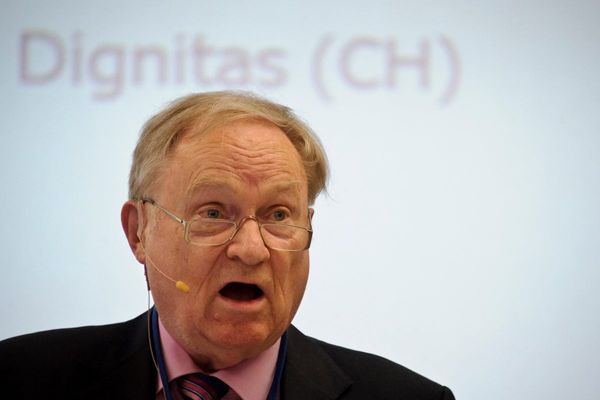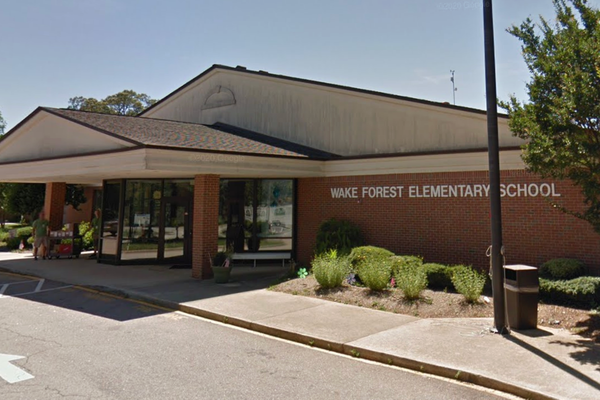
The maker of KitKat, Nespresso, Häagen-Dazs ice-cream and Maggi stock cubes has blamed “significant and unprecedented cost inflation” for a 6.5% rise in prices in the first half of this year.
Nestlé’s sales rose ahead of expectations driven by the price increases, analysts said, increasing 9.2% to 45.6bn Swiss francs (£39bn) in the half year, although net profit decreased by 11.7% to 5.2bn francs.
The food and beverage group said prices had risen most in its pet care brands, which include Felix, Purina and Friskies, where it pushed through inflation of 8.8%, followed by water, which was up 8.4%.
Geographically, inflation was highest in North America – where the group put prices up almost 10%, nearly double the rate in Europe. The company said profit margins had taken a hit in Europe as “significant cost inflation more than offset pricing, growth leverage and disciplined cost control”.
Nestlé said it now expected to increase sales by 8% this year, up from the 5% anticipated, but profit margins were set to be at the lower end of expectations, at 17%.
Mark Schneider, the chief executive of Nestlé, said: “Our local teams implemented price increases in a responsible manner. Volume and product mix were resilient, based on our strong brands, differentiated offerings and leading market positions. We limited the impact of unprecedented inflationary pressures and supply chain constraints on our margin development through disciplined cost control and
operational efficiencies.”
He added that the group had increased investments in sustainability and digitisation of its processes significantly on last year.
Nestlé is the latest in a line of companies to put up the price of well-known brands in the face of higher energy, staffing and commodities prices.
On Wednesday, ketchup and baked beans group Kraft Heinz and Reckitt Benckiser, the maker of Dettol, Nurofen and Strepsils, revealed they had pushed through double-digit price increases this spring and that this helped to drive better than expected sales.
This week Unilever, the owner of brands including Marmite, Ben & Jerry’s and Magnum ice-cream, said it had raised its prices by 11.2% in recent months and expected further increases throughout the year.
Amazon has said the cost of its Prime subscription service will rise by £1 a month from September.
McDonald’s has meanwhile instigated its first cheeseburger price rise in the UK in 14 years, raising the cost by a fifth to £1.19 with immediate effect.
Official figures show UK inflation has hit a 40-year high of 9.4%. The rising cost of food is one of the major factors driving up living costs, with sharp increases in prices of staples such as milk, butter and eggs propelling food price inflation to 9.8%, hitting low-income families, for whom essentials make up a bigger proportion of spending, hardest.







